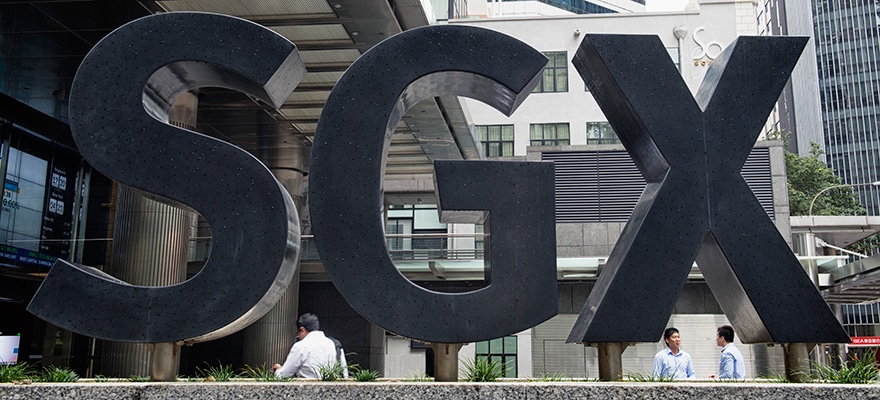Singapore Exchange (SGX) announced this Thursday that it is switching up its organizational structure, in which the fixed income, currencies and commodities units will be combined, effective from July 1, 2019.
According to the statement released by the exchange, these units have been growing considerably and have now become a sizeable set of asset classes. The converging of the assets is part of the exchange’s efforts to capitalize on growth opportunities and build scale.
The new unit will be led by Lee Beng Hong, who will join SGX on August 1, 2019. In the interim, he will report to the Chief Executive Officer (CEO), Loh Boon Chye, who will oversee the unit.
During his career, Lee Beng Hong has worked in different aspects of the financial sector, including international banking experience in global markets. In this role, he specialized in Asian FICC products, sales, and coverage.
“The rising convergence of OTC and listed FX markets, coupled with our standing as Asia’s fastest growing and largest Asian FX Futures venue, presents us with opportunities to serve the market with innovative and differentiated products,” the statement said.
In the June-March period, the exchange reported an increase in the revenue from the trading of equities, commodities and foreign exchange (Forex ) derivatives of 30 percent, contributing to 50 percent of the total revenues.
SGX Names Michael Syn as Head of Equities
In addition to establishing its FICC unit, SGX will also be merging its cash equities and equity derivatives businesses. Its current head of derivatives, Michael Syn, has been appointed as the new chief of the unit and will become the Head of Equities.
“Our expertise and market leadership in equity derivatives will be leveraged to internationalise our cash equities proposition through the introduction of new derivatives products, structured products and offshore Risk Management capabilities,” the statement said.
Furthermore, SGX believes that by focusing on equities as a single asset class, product, and service, it will allow the exchange to be more innovative and will be able to better-address clients’ needs.


















